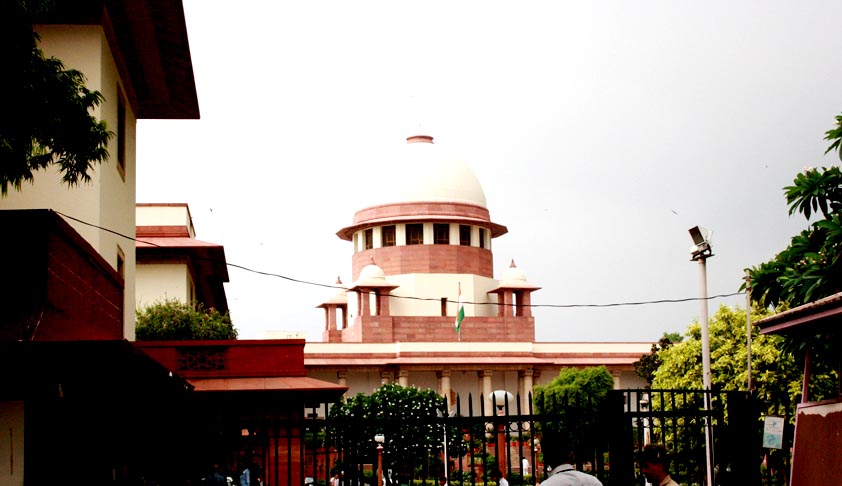1598 PILs pending before SC, the oldest one being filed in 1992
Aishwarya Dhakarey
12 Aug 2015 1:19 PM IST

Next Story
12 Aug 2015 1:19 PM IST
There are 1,598 public interest litigations pending before Supreme Court. The oldest dates back to 23 years ago, the apex court has revealed this in its response to an RTI query. The oldest pending PIL with WP(C) 537/1992 was filed by Sureshwar D Sinha and relates to water pollution linked to industries, domestic sources, sewage, river and sea.In response to Lucknow-based RTI applicant...
